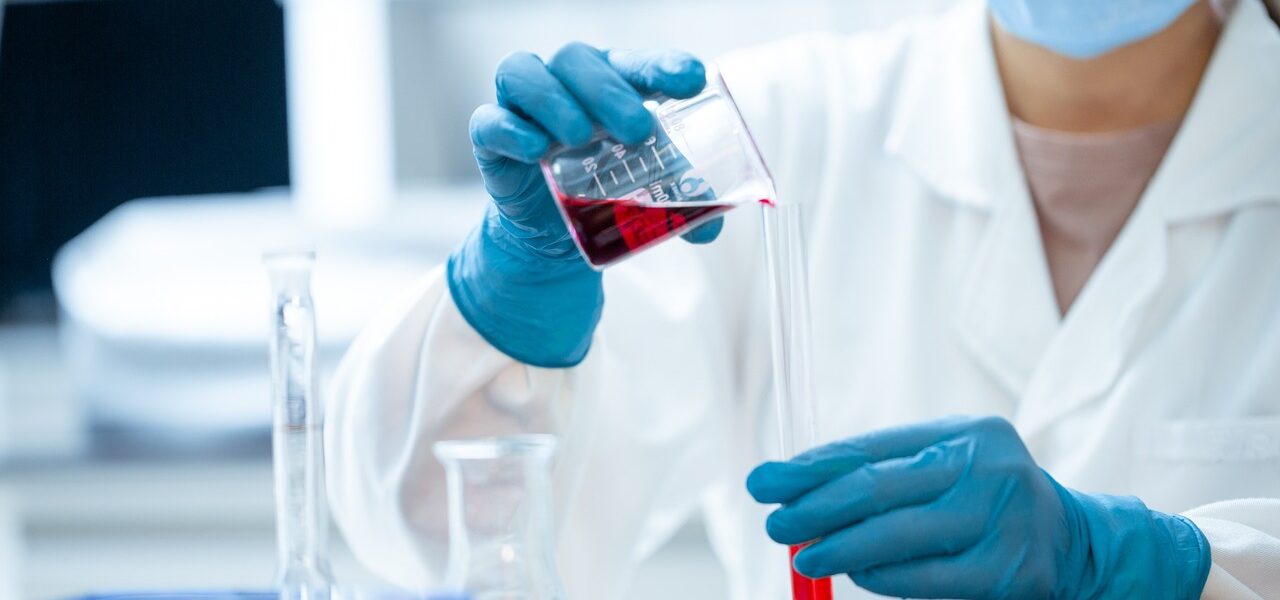
The Truth About Hair Dye and Damage: A Comprehensive Guide
Hair dye is a cosmetic product that people use to give their hair a new look, or simply enhance its natural color. It’s been around for donkey’s years, with ancient folks already dabbing their locks in some sort of hair coloring. But, here’s the thing, there’s a lot of myths and misconceptions about hair dye and the damage it can do to your hair. And it’s high time we clear things up and find out the truth about hair dye and its effects on your mane. Get ready to have your hair stand on end as we unravel what really happens to your locks when you dye them.
Hair Dye Ingredients
Let’s talk about hair dye and the chemicals it’s packed with, shall we? Now, I’m sure we’ve all heard a thing or two about the dangers of these dyes, but what’s the truth? Well, hair dye is made up of a whole bunch of different ingredients, including developer, colorant, and extra bits to make it work better. But here’s the thing, some of these ingredients have raised some red flags, like allergies, skin irritation, and even cancer. So, what’s the real story?
PPD is the real culprit in hair dye! This chemical is found in many hair coloring products, and it’s not just nasty – it’s dangerous! Studies show that PPD can cause skin irritation and allergies, and it’s even been linked to cancer. And it’s not just PPD – there are other nasty ingredients in hair dye too, like lead, mercury, and preservatives that can be harmful to your health.
The Damage Caused by Hair Dye
Let’s talk about the damage that hair dye can do. Firstly, there’s hair breakage. This happens when the chemicals in the dye weaken the hair’s protein structure, making it brittle and prone to snapping. And then there’s dryness, where the hair dye removes the hair’s natural oils, leaving it parched and lifeless.
It’s a well-known fact that hair dye contains all sorts of chemicals, some of which can strip your hair of its natural oils. This, in turn, can make your hair dry and weak, leading to thinning. Now, that’s not something you want, is it? Thin hair is difficult to reverse, so it’s best to avoid it altogether.
Finally, hair dye can make your locks look like they’ve been dragged through a hedge backwards. This is often because the chemicals in the dye strip your hair of its natural moisture and oils, leaving it with a lack of shine and looking deader than a doornail.
Protecting Your Hair from Damage
So what can you do to protect your locks from hair dye damage? Well, first things first, it’s crucial to choose a hair dye that’s right for your hair type. That way, you can keep the damage to a minimum and be confident that the product you’re using won’t harm your hair.
Additionally, you can also protect your locks by slathering on some hair treatment post-dye job. This’ll help bring back the natural moisture and oils your hair’s been stripped of, reducing the damage done by the hair dye. And it doesn’t stop there, it’ll also help fix any existing damage caused by hair dye, leaving your hair looking and feeling its absolute best.
If you’re planning on using any of those blasted heat styling tools, it’s essential you use a heat protectant spray first. This’ll keep the damage from getting worse and ensure your hair stays looking and feeling fantastic.
Finally, it’s crucial to be mindful of the heat styling tools ya use on your hair. Sure, they’re handy for creating certain hairstyles, but overuse can cause serious damage to your locks. Keep it simple, limit your heat styling, and ya’ll be doing your hair a huge favor. Plus, using heat protectant sprays and investing in top-notch tools with adjustable temperatures will help protect your hair from further damage caused by heat.
To keep hair healthy, the research emphasizes the significance of a balanced diet, staying hydrated, and taking care of oneself. A diet filled with vitamins and minerals and plenty of H2O can improve hair and overall health, as well as wellness. Regular physical activity and proper sleep are also crucial to keeping hair and body in top shape.

Recent Comments